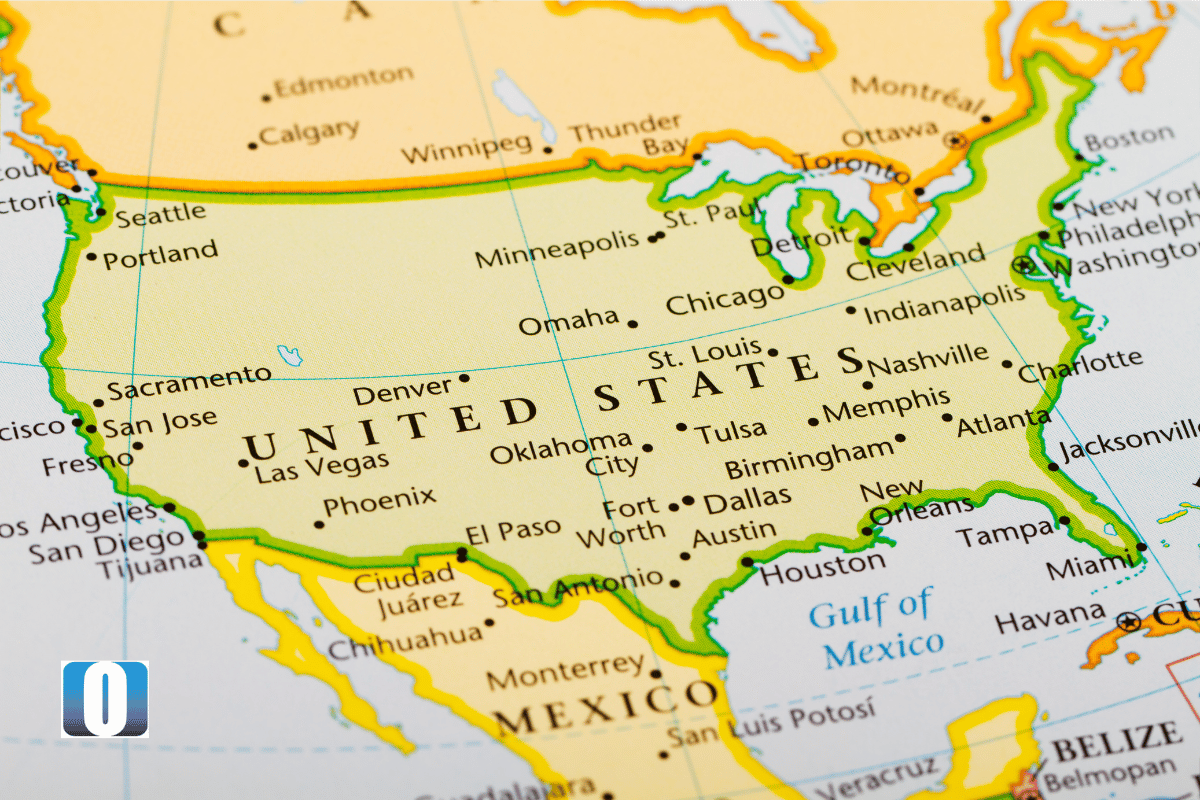For most people, the day they become U.S. citizens is unforgettable. You’ve studied for the test, signed the papers, and finally sworn the Oath of Allegiance. It feels final — like you’re home for good.
But here’s something most new citizens don’t realize right away: citizenship by naturalization can, in rare cases, be taken away. It rarely happens, but it’s possible. And knowing why it happens can help make sure it never happens to you.
The Basic Difference: Born vs. Naturalized
If you were born in the United States, your citizenship is basically untouchable. It’s yours by birthright, and you can only lose it if you give it up voluntarily.
For naturalized citizens, things are a little different. You earned your citizenship through a process — paperwork, interviews, background checks, and that final ceremony. Because it’s based on those documents, the government can sometimes reopen the case if something serious turns up later.
Does that mean you should worry? Not really. But understanding how it works can give you peace of mind.
When Citizenship Can Be Taken Away
There’s a legal term for this: denaturalization. It’s when the U.S. government cancels someone’s citizenship after finding that it was obtained through fraud or serious misrepresentation.
It’s scarce. But it does happen — sometimes years after someone became a citizen.
Here are a few situations that can lead to it:
- Lying on immigration or naturalization forms (for example, hiding a criminal record or a deportation order).
- Using false documents or a fake identity to get a green card.
- Entering into a sham marriage just for immigration benefits.
- Hiding past membership in groups that promote violence or terrorism.
When these things come to light, the Department of Justice can file a case in federal court to revoke citizenship. It’s not something USCIS can “cancel” on its own — it has to go through a judge.

What the Process Looks Like
Usually, it starts with an investigation. Homeland Security or the Justice Department digs into the case. If they find strong evidence of fraud, they file a lawsuit in federal court.
The person has a right to fight the case. They can hire a lawyer, present documents, and argue their side. Only if a judge decides that citizenship was obtained illegally can it actually be revoked.
If that happens, the U.S. passport becomes invalid, voting rights end, and removal (deportation) may follow. It’s devastating — which is why the government uses this power very carefully.
What Doesn’t Cause You to Lose Citizenship
A lot of myths float around about this. Let’s clear a few up:
- You won’t lose citizenship just because you move abroad. Living overseas is fine.
- You don’t lose it for committing a crime, unless that crime was part of an earlier immigration fraud.
- Dual citizenship is generally allowed. Having another passport doesn’t automatically cancel your U.S. one.
You can give up citizenship voluntarily by signing a renunciation at a U.S. consulate, but that’s your choice, not the government’s.
Keeping Your Citizenship Safe
A few habits go a long way:
- Tell the truth on every form. Even a small lie can create problems years later.
- Keep your records. Old forms, green cards, and approval notices can be proof if anything is questioned later.
- Update your information. If your name changes or you move abroad, report it properly.
- Don’t claim to be a citizen until you are one. It’s a small box on a job or voter form that causes big trouble later.
Honestly, for 99.9% of naturalized citizens, denaturalization is never even a topic. The process is designed to stop serious fraud, not punish ordinary people.
If You Ever Get a Notice
If the Department of Justice contacts you about your citizenship, don’t ignore it. Get a lawyer right away — preferably one who knows both immigration and federal court procedure. Sometimes the issue is minor, like a record error. Sometimes it’s more serious. Either way, early help makes a big difference.
The Bottom Line
Losing U.S. citizenship after naturalization is extremely rare, but not impossible. It usually happens when the person obtained citizenship through fraud or deception.
For everyone else — those who earned it honestly — citizenship is permanent. No new president, policy, or mistake on a form will take it away.
So, if you followed the law and told the truth, you can relax. You worked hard for that oath, and it’s yours to keep.
Sources:
Immigration and Nationality Act §340 (8 U.S.C. §1451)
U.S. Department of Justice: Denaturalization Section
USCIS Policy Manual, Volume 12

.avif)











.avif)
